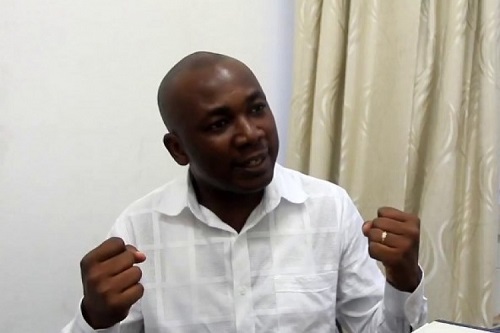Aggressive Cedi Strengthening Was a Disruption, Not Stability – Prof. Godfred Bokpin Asserts
Economist and Professor of Finance at the University of Ghana, Prof. Godfred Bokpin, has described the recent sharp appreciation of the Ghanaian cedi as a “disruption” rather than a sign of sustainable stability in the foreign exchange market.
Speaking in a recent interview, Prof. Bokpin asserted that the strengthening of the cedi was not driven purely by market fundamentals of demand and supply, but rather by deliberate interventions from the Bank of Ghana (BoG), which had long targeted a specific exchange rate band.
“I had indicated much earlier that the central bank was targeting a certain exchange rate. They just didn’t want to communicate that to the markets at the initial stage,” he stated.
According to him, the strengthening of the local currency was largely engineered through central bank actions, which, while effective in the short term, created significant uncertainty and disrupted planning for businesses and investors.
“What we witnessed in terms of the strength of the local currency was not just the forces of demand and supply,” he explained. “There was an intervention to cause the strengthening and the rate of appreciation was too aggressive to enable planning for businesses and for the entire economy to adjust.”
Caution Against Volatility
Prof. Bokpin warned that the volatility experienced during the period of aggressive appreciation made it difficult for market players to make informed decisions, arguing that stability—rather than wild swings in either direction—should be the focus of monetary policy.
“You could not describe that as stability. That was more of a disruption,” he said. “Whether appreciation or depreciation, neither is good for businesses nor for even the central bank in the first place.”
He emphasized that both extreme depreciation and rapid appreciation have damaging effects on business confidence and macroeconomic planning, noting that market clarity and predictability are more important for sustainable economic growth.
Prof. Bokpin further suggested that better communication from the BoG could have eased the economic uncertainties created by the sudden shift in the exchange rate trajectory.
He revealed that economists had anticipated a medium-term exchange rate range of “10 plus or minus one” for some time and that clarity on policy direction was long overdue.
“It’s good that there’s some level of clarity now and beyond the aggressive strengthening, we need to stabilize,” he noted.
His comments come at a time when Ghana’s central bank is implementing a series of interventions including tightening monetary policy and addressing forex leakages as part of efforts to stabilize the local currency.








ah are you serious? so would you have say same thing if the cedi had depreciated?
At some point I will agree with him.